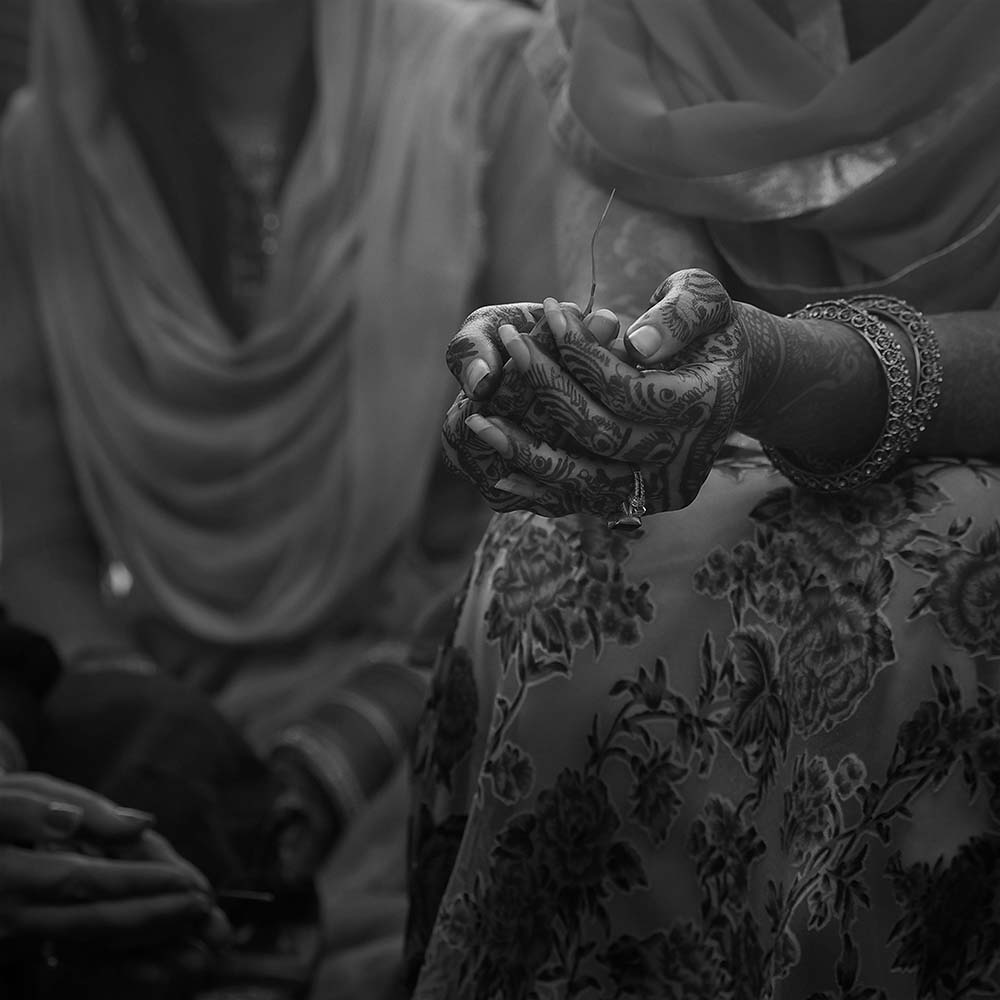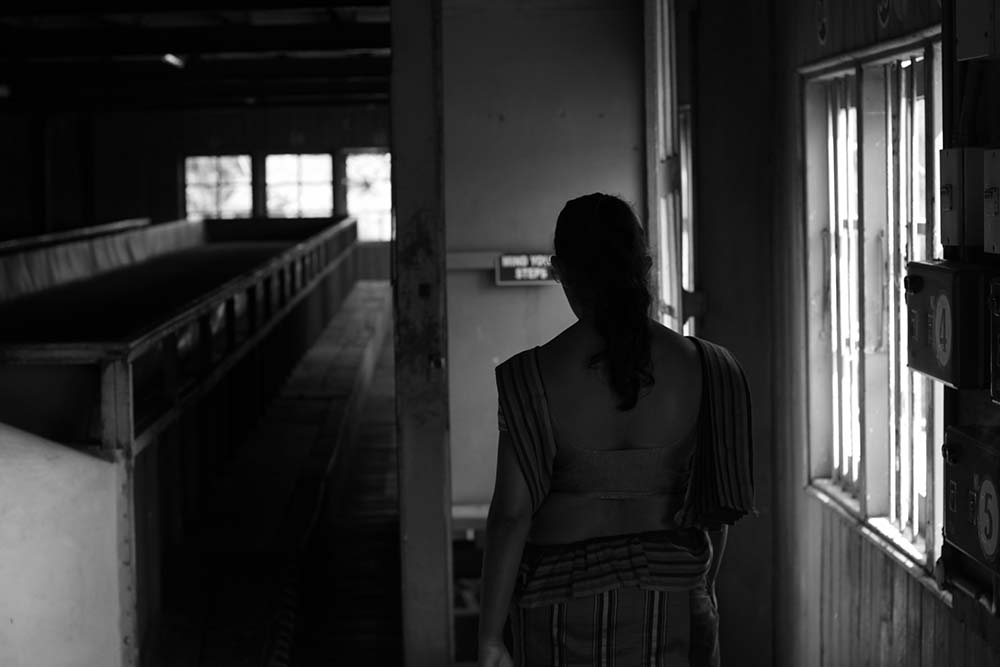March 26th marks Purple Day, a global initiative to raise awareness about epilepsy and support those affected by this neurological disorder. As we come together to shed light on epilepsy, it's crucial to confront the challenges faced by millions of individuals, especially women, living with this condition in India. From societal stigma to inadequate healthcare, the journey of those with epilepsy is often fraught with obstacles.
The Silent Struggle: Women and Epilepsy in India

Epilepsy knows no boundaries, affecting individuals regardless of gender, age, or background. This neurological disorder, characterised by recurrent seizures, is a significant concern globally, with an estimated 50 million individuals affected worldwide. In India alone, 10-12 million people grapple with epilepsy, making it a critical public health issue.
However, women in India face unique challenges when it comes to epilepsy. With an estimated 1.5 million women of reproductive age grappling with this condition, the impact goes far beyond medical concerns. The social stigma surrounding epilepsy often deters women from seeking essential medical help, exacerbating their health risks and further isolating them from society. Despite the prevalence of epilepsy in India, awareness remains alarmingly low, leaving many women to suffer in silence. In a recent interview with a news daily, Dr. Siby Gopinath, an Epileptologist and Professor of Neurology at Amrita Hospital in Kochi, highlighted the significant treatment gap in managing epilepsy, particularly in low-resource settings like rural India. He emphasised the unique challenges faced by women of reproductive age, including the potential teratogenic effects of antiepileptic drugs (AEDs) and increased infertility rates.
Confronting Stigma: Stories of Resilience

Behind the statistics are real stories of individuals like Sangeeta, whose life has been profoundly affected by epilepsy. Her mother, Parvati Chitre, bravely shares her daughter's story with Her Circle, shedding light on the harsh realities faced by many women in India. “When I was growing up, someone with Mirgi (epilepsy) was known to be cursed or possessed. We were asked to stay away from such people. When Sangeeta was 11, she had her first attack. Her teacher urged me to take her to the doctor and get her the necessary medications. We never paid much attention to the social implications until it was time for her to get married.”
Five years ago, Parvati chose to conceal Sangeeta’s condition and got her engaged. “During a festival, when she was with her fiancé, she experienced a seizure, and he left her on a busy crowded street without any help. The groom's family publicly shamed her, labelling her a bad omen and a mental patient. They accused our family of deceit. Since then, she has been living as an outcast, rejected by everyone.”
From the initial denial of her condition to the public shame and rejection by her fiancé's family, Sangeeta's journey reflects the urgent need to confront stigma and promote acceptance. Parvati's words resonate with the experiences of countless families across India, underscoring the importance of support networks and advocacy in empowering individuals with epilepsy.
Towards Empowerment: Addressing the Unmet Needs

While epilepsy presents significant challenges, there is hope for a brighter future. Comprehensive epilepsy care, tailored to the unique needs of women, is essential in addressing the unmet needs of this population. From early intervention to culturally appropriate education and support, there are opportunities to improve outcomes and enhance quality of life. By breaking the silence surrounding epilepsy and fostering a more inclusive and compassionate society, we can create a world where individuals with epilepsy are valued and supported.
As we commemorate Purple Day, let us reaffirm our commitment to raising awareness, challenging stigma, and advocating for the rights of those affected by epilepsy. Together, we can make a difference and ensure that no one faces epilepsy alone.